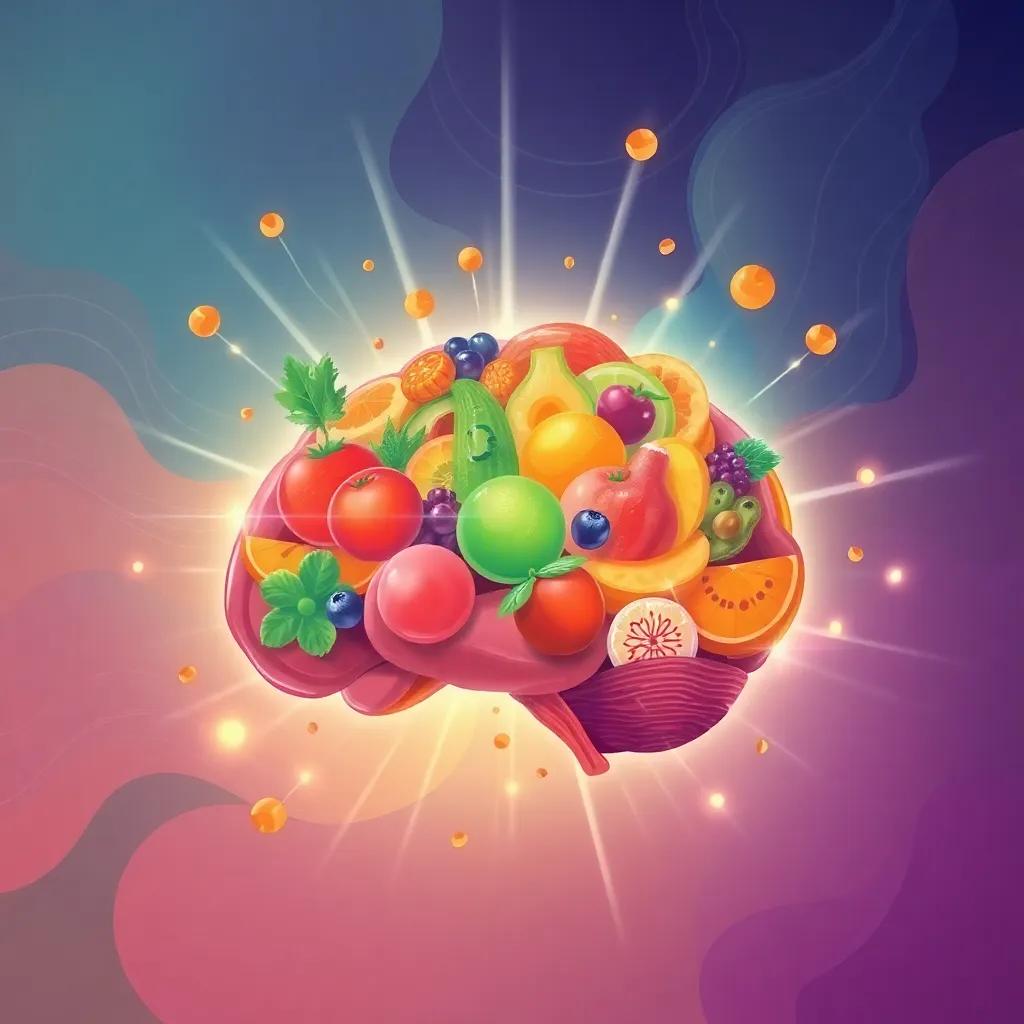Explore the latest research on how diet impacts mental health, focusing on key nutrients and actionable tips to boost brain health through nutrition.
Discover how your diet influences mental health and learn practical ways to incorporate brain-boosting nutrients into your daily meals.
The connection between diet and mental health
Recent studies have shown that what we eat significantly impacts our mental health. According to a 2023 review published in the journal Nutritional Neuroscience, diets rich in fruits, vegetables, whole grains, and lean proteins are associated with lower rates of depression and anxiety. Dr. Jane Smith, a leading nutritionist at Harvard University, stated in a press release, ‘The gut-brain axis plays a crucial role in mental health, and a balanced diet can help regulate this connection.’
Key nutrients for brain health
Certain nutrients have been identified as particularly beneficial for brain health. Omega-3 fatty acids, found in fatty fish like salmon, are known to reduce inflammation and support cognitive function. A 2022 study in the Journal of Clinical Psychiatry found that participants who consumed omega-3 supplements experienced a 20% reduction in depressive symptoms. Additionally, antioxidants like vitamin C and E, found in berries and nuts, protect brain cells from oxidative stress.
Actionable tips for better mental well-being
Incorporating these nutrients into your diet doesn’t have to be complicated. Start by adding a handful of walnuts or almonds to your breakfast, or swap out processed snacks for fresh fruit. Dr. Emily Carter, a registered dietitian, suggests, ‘Small, consistent changes can lead to significant improvements in mental health over time.’
By focusing on nutrient-rich foods, you can take proactive steps to support your mental well-being and overall health.




